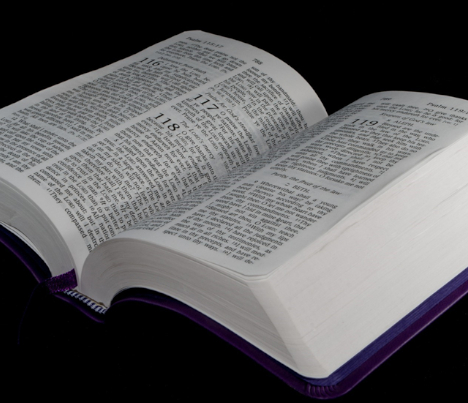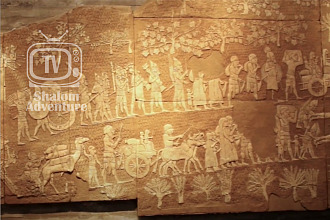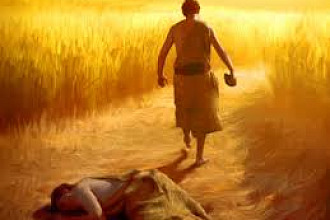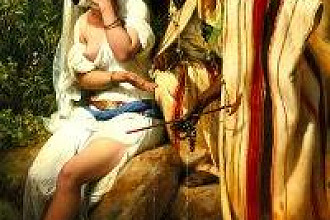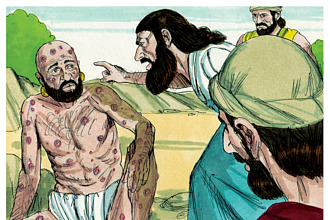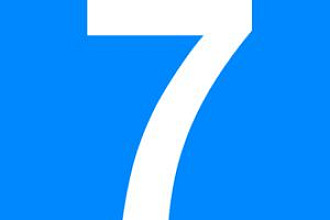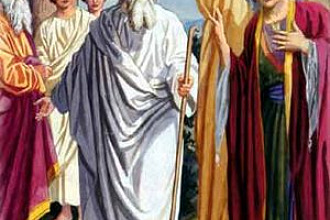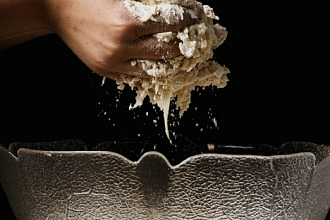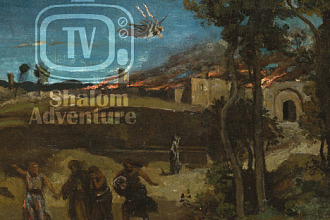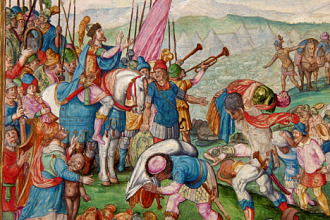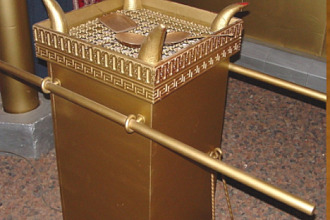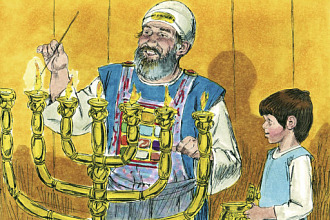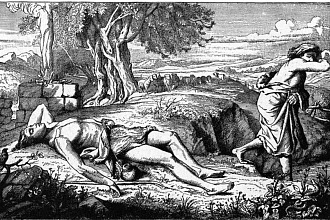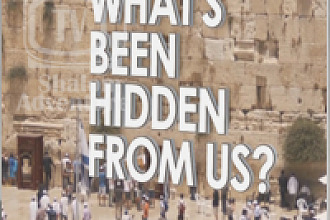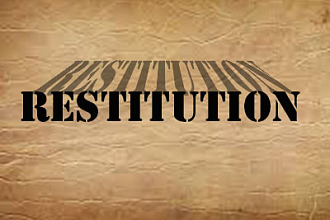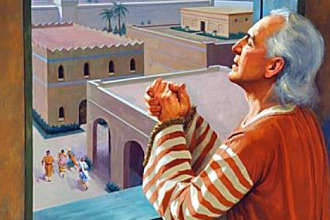I have often heard believers in Yeshua question how someone could reconcile the God of the “New Testament” with the God of the “Old Testament” since God is presumed to be so different in expectations regarding obedience.
In order to address the apparent differences seen between the God of the Old Testament and New Testament we first need to define what the New and Old Testaments or Covenants are.
The Jewish prophet Jeremiah says, “Behold, the days are coming, says the Lord, when I will make a new covenant with the house of Israel and with the house of Judah—not according to the covenant that I made with their fathers in the day that I took them by the hand to lead them out of the land of Egypt, My covenant which they broke, though I was a husband to them, says the Lord. But this is the covenant that I will make with the house of Israel after those days, says the Lord: I will put My law in their minds, and write it on their hearts; and I will be their God, and they shall be My people.” Jeremiah 31:31-33
The new covenant is contrasted with the old one. So what was the old covenant that was made when people came out of Egypt? The Torah says, “Then he took the Book of the Covenant and read in the hearing of the people. And they said, ‘All that the Lord has said we will do, and be obedient.’” Exodus 24:7 But they were not obedient because their hearts were not softened by God’s Spirit. The difference between the Old and New Testament was never defined by God as being a time period before or after the death and resurrection of Yeshua or the law being different.
The differences between the old and new covenant or testaments are defined by your relationship with God. That is all. Is there merely an outward profession without inward transformation or full commitment to God? If you allow God to actually write His words in your heart you, like Abraham, are living under God’s New Covenant. If you are professing to serve God with your mouth but worshiping golden calves in your life by making idols out of money, human approval, or whatever you place before God, you are under the Old Covenant. It has nothing to do with when you are born but how you live. Are you breaking the law of God or not? It isn’t that the Lord is different in the Old Testament, it is that the “god” under the Old Testament is yourself.
The popular assumption that the Old and New Testaments are represented by the time periods before and after the death of Yeshua, which coincide with a supposed change in God’s character in regard to sin rather than in a change in our own behavior, and has no foundation in the Bible. When you understand this you will also understand that both the Old and New Covenants existed side by side throughout human history since the fall into sin. Every day you can choose if you will be a part of the New Covenant by allowing God to write the law on your heart or simply profess “all that the Lord says I will do” with your mouth and not do it as they did in the Old Testament that is broken.
Picture originally found here

